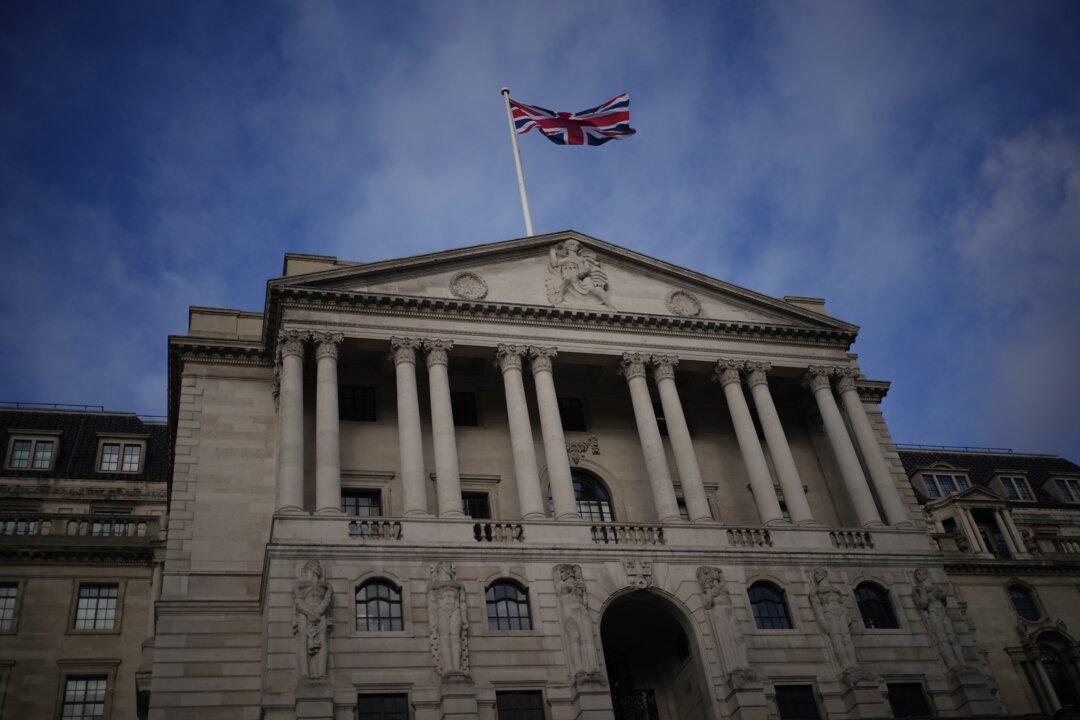High inflation will stay persistent unless people accept that they are poorer, a senior UK central bank official has said.
The UK’s Consumer Prices Index inflation fell slightly to 10.1 percent in March from 10.4 percent in February, but remained in the double digits, according to the Office of National Statistics (ONS).





